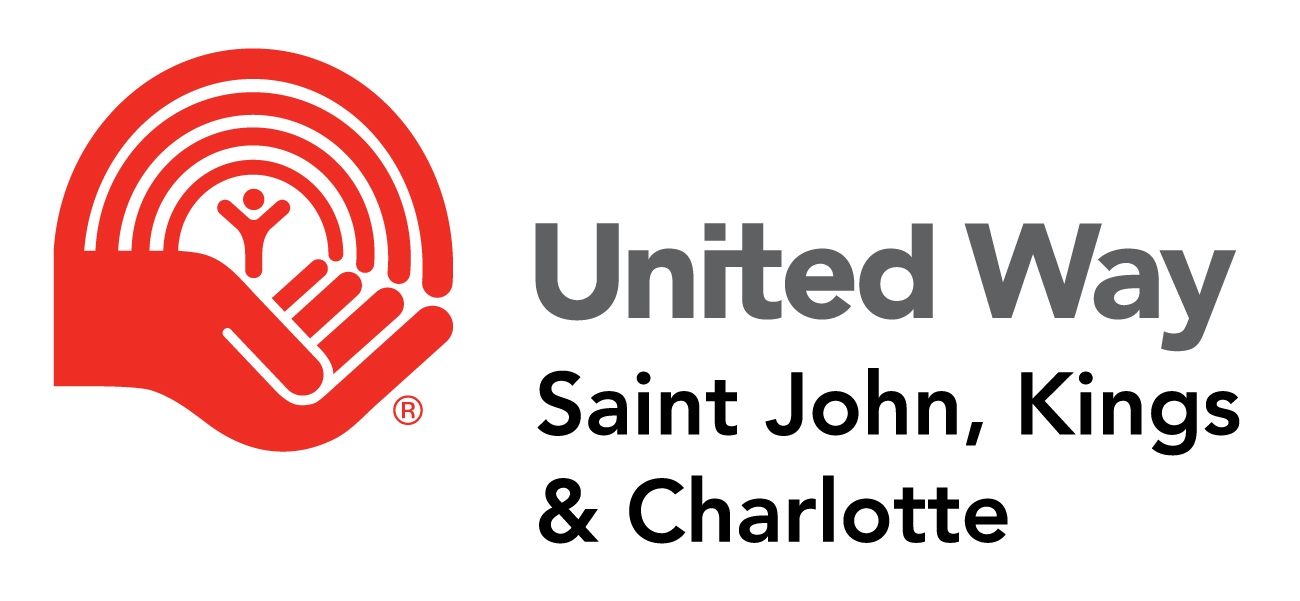
Corporate Social Responsibility (CSR) strategies are often associated with large international companies or not well understood in how CSR aligns with overall corporate strategy or operations. In fact, many local companies we work with question whether CSR is for them. The answer is YES. A CSR plan should “do good” for your bottom line AND for the community! CSR is more than donations. It is about being intentional; in relationships with customers, suppliers, employees and our impact on our community, environment, and human rights. This sounds like a lot, but you’re likely doing more than you realize already.
There is a lot of data available on the benefits of CSR for business. In fact, there are benefits directly related to profit as a result of positive brand association, social licence, and employee attraction and retention—particularly among millennials. For example, 76% of millennials consider business a force for positive social impact. 77% of millennials have involved themselves in a charity or “good cause.”
https://www.forbes.com/sites/marissaperetz/2017/09/27/want-to-engage-millennials-try-corporate-social-responsibility/#6ef1a09e6e4e
I’m going to focus on the ‘supporting community’ dimension of CSR. In our conversations with dozens of local business leaders, most are already actively supporting the community, however, they report doing so without an intentional, focussed plan. Business leaders make business decisions based on data and they tell us they would like to apply more discipline to decisions about community support. A little structure and support can help you develop a customized CSR strategy, including performance targets.
Questions: How have you ‘given back’ in the past 5 years? What has worked well? What has not worked and why? How much have you spent (consider cash, donation, sponsorships, event tickets, in-kind gifts, volunteering, etc)?
Questions: What social issues interest or affect your leadership, brand, employees, or customers? …or could affect your future. Oftentimes, this step requires some help to learn about the social issues and priorities in your communities.
Questions: What solutions can your business offer to mitigate negative issues in the community or to amplify positive opportunities? What social need could we try and meet through our core business? Prune everything that does not align. Develop success measures that matter.
How will you tell your story internally with your staff and externally with customers, clients, vendors.
If this is unchartered waters, or even if you’re an old hand, we are here to help. We work with companies every day helping them to navigate their way on the path to effective CSR strategy and programs. We can share ideas of what has worked well with other companies and help you customize a CSR plan to optimize impact on your business and the community.
A good CSR strategy for small-to-medium enterprises does not need to be complicated to be effective. This process is a start, like all good strategies, it is iterative and organic. Be prepared to adapt as you go based on input, feedback and results.
To learn more about CSR or how the United Way can help, please contact Wendy@unitedwaysaintjohn.com or 506 658 1214.